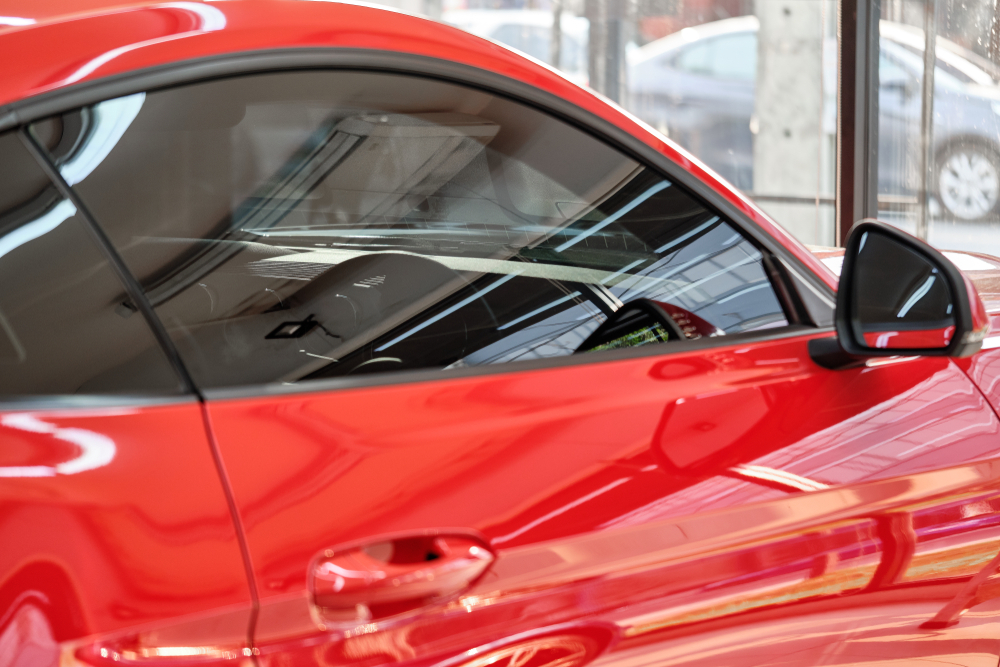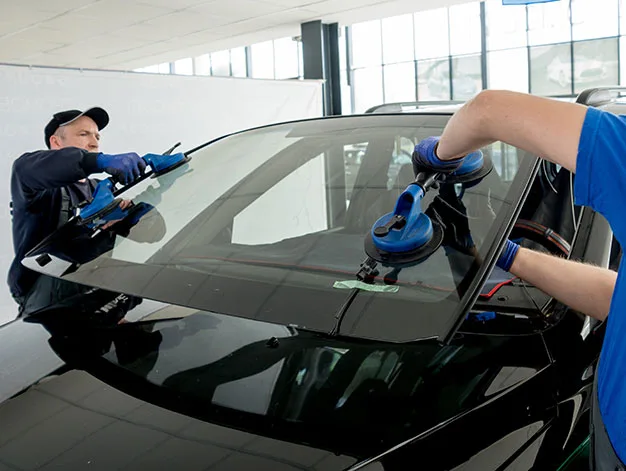The Role of Auto Glass in Protecting Against UV Radiation
Your car windows do more than let you see out! They also:
- Block most UV rays: Reduces skin cancer risk
- Keep interior from fading: Your car looks nicer and longer
- May offer some privacy: Depends on the window tint
- Need regular cleaning: Maintain that UV protection
Think of auto glass as sunscreen for your car!
Auto glass shields passengers from harmful UV radiation. This reduces the risk of skin cancer and premature aging. It has advancements like UV-blocking coatings and tinted glass. They offer health benefits and keep the vehicle's interior safe. Regular maintenance ensures continued effectiveness.

Understanding UV Radiation and Its Effects
UV radiation is a form of sunlight. It is split into three main types: UVA, UVB, and UVC. UVA and UVB are of most concern for people in vehicles. Prolonged exposure to UVA and UVB can lead to skin aging, eye damage, and even skin cancers. Therefore, effective protection against these rays is crucial for overall health.
The Evolution of Auto Glass Technology
Historically, auto glass was designed primarily for visibility and integrity. However, technology advances have enabled manufacturers to add UV protection to the glass. Laminated glass is common in windshields. It now often has a layer of UV protection. This layer absorbs and blocks most of the UVA and UVB rays.
Types of UV Protective Auto Glass
There are various types of UV protective auto glass available in the market:
- Tinted Glass: Tinted windows can block out a portion of UV rays, besides reducing glare and heat. However, the level of protection varies based on the darkness and material of the tint.
- UV-Blocking Clear Glass: This type of glass, while clear to the naked eye, contains a special coating that blocks UV rays.
- Privacy Glass: Often found in SUVs and vans, privacy glass is darker and provides UV protection while offering privacy for passengers.
Health Benefits of UV Protective Auto Glass
The health benefits of UV-protective auto glass are considerable. Blocking harmful rays greatly cuts the risk of skin cancer. It also reduces premature skin aging. Moreover, it protects the eyes from cataracts and other UV-related eye conditions.
Additional Advantage
Beyond health benefits, UV protective auto glass offers additional advantages:
- Preservation of Interior: UV rays can cause the car's upholstery to fade and deteriorate. UV protective glass helps in preserving the interior of the vehicle.
- Improved Comfort: UV-protective auto glass makes for a more comfortable driving experience by blocking out heat and glare.
Choosing the Right UV Protective Auto Glass
When selecting auto glass, it’s important to consider the level of UV protection offered. For maximum protection, consumers should look for glass that blocks out at least 99% of UVA and UVB rays.
Maintenance and Care
To maintain the effectiveness of UV protective car glass, regular maintenance is key. This includes cleaning the glass surfaces properly and avoiding the use of harsh chemicals that can damage the UV protective layers.
Conclusion
In conclusion, auto glass plays a critical role. It protects against UV radiation and is key for safety and health. The right UV-protective auto glass makes driving safer and more comfy. It also protects from UV radiation.
